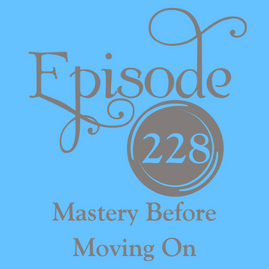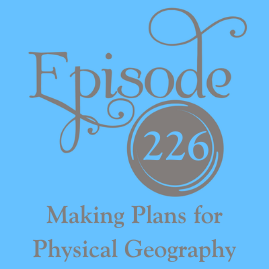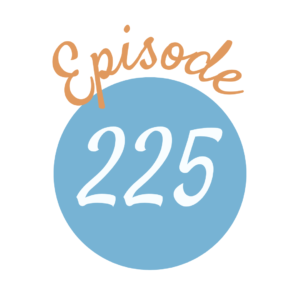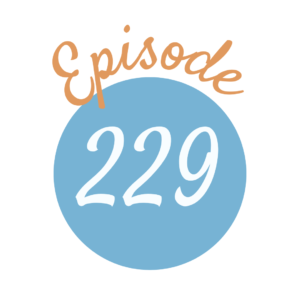
Term examinations in Charlotte Mason’s schools were mandatory. This podcast explores the purpose of examinations, what was covered, and how we evaluate our child’s performance.
Listen Now:
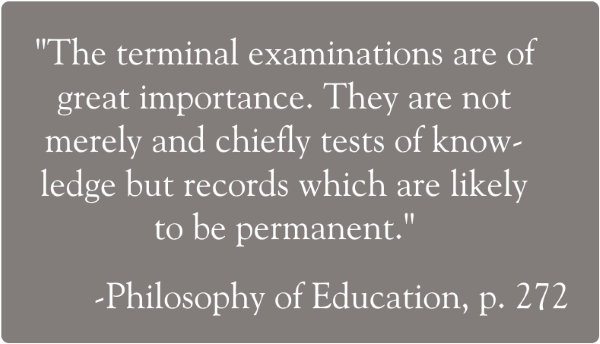

“The children write with perfect understanding as far as they go and there is rarely a ‘howler’ in hundreds of sets of papers. They have an enviable power of getting at the gist of a book or subject. Sometimes they are asked to write verses about a personage or an event; the result is not remarkable by way of poetry, but sums up a good deal of thoughtful reading in a delightful way…” (Vol. 6, p. 242)
“During the examinations, which last a week, the children cover say from twenty to sixty sheets of Cambridge paper, according to age and class; but if ten times as many questions were set on the work studied most likely they would cover ten times as much paper.” (Vol. 6, p. 241)
“The terminal examinations are of great importance. They are not merely and chiefly tests of knowledge but records which are likely to be permanent.” (Vol. 6, p. 272)

If you would like to study along with us, here are some passages from The Home Education Series and other Parent’s Review articles that would be helpful for this episode’s topic. You may also read the series online here, or get the free Kindle version from Fisher Academy.
School Education, Appendix II

Teacher Helps–on sale Black Friday through Cyber Monday, 2021 with code “IDEAS20”
Sample PNEU Examinations from Programme 93
Sample PNEU Examinations from Programme 95 (click each link to see full Programme and Examination for each Form)
ADE’s Exam Planner

